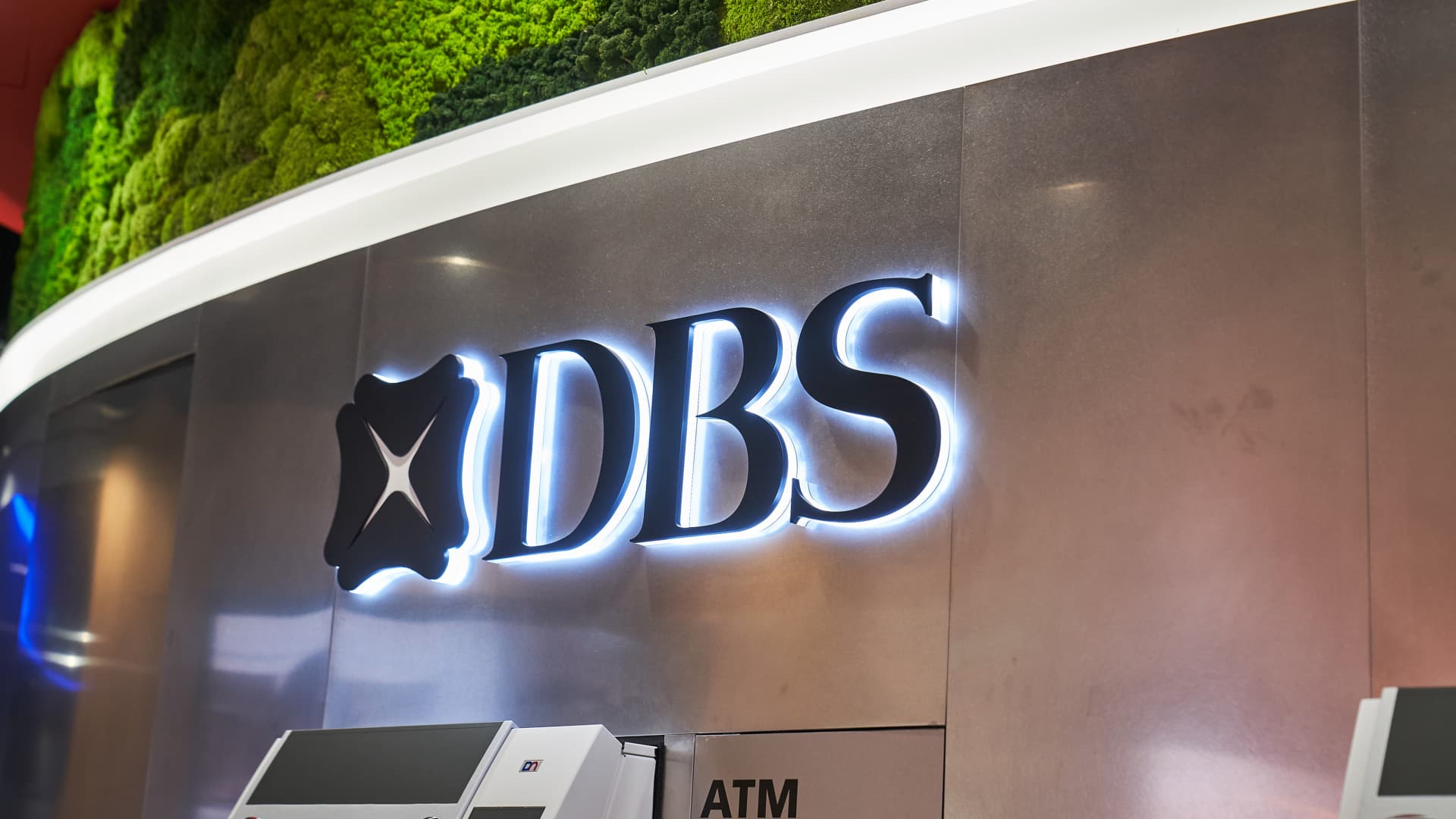
DBS Group CEO Piyush Gupta said the bank’s wealth management and capital markets businesses continue to see “headwinds,” despite the bank reporting robust second-quarter earnings.
“Business momentum is a bit mixed. Our corporate lending activities are actually doing quite well. And so the balance sheets continue to grow,” Gupta told CNBC’s “Capital Connection” following the release of the bank’s results Thursday.
“Private banking customers have been reluctant to put money to work, that obviously is a challenge. The headwinds on wealth management and capital markets mean that the overall fee incomes … are down year-on-year,” he added.
DBS, Southeast Asia’s largest bank, reported net fee income fell 12% in the second quarter due to lower contributions from wealth management and investment banking compared with a year ago.
First-half net fee income declined 9% from a year ago to 1.66 billion Singapore dollars ($1.2 billion). Wealth management fees declined 21% to S$745 million as weaker market conditions led to lower investment product sales, DBS said. Investment banking fees also declined by 36% to S$73 million as capital market activity slowed.
Uncertain outlook
Gupta said the outlook for the wealth management business remains uncertain given the current market sentiment.
“If the markets do start turning around and you start seeing more animal spirits, we can get some more capital markets deals done — and wealth management, private banking customers could get more active,” the CEO said.
“But like I said, at this point in time, I’m not holding my breath on that happening,” he added.
On Thursday, DBS reported net profit rose to S$1.82 billion during the April to June period from S$1.7 billion a year earlier. That’s higher than the average forecast of S$1.69 billion, according to data from Refinitiv.
The bank’s net interest margin increased to 1.58% in the quarter, up from 1.45% a year ago.
“Net interest margin, which had been declining since 2019, rose in the first quarter with the start of interest rate hikes, and the improvement accelerated in the second quarter. Net interest margin for the first half was 1.52%, five basis points higher than a year ago,” DBS said in its report.
Gupta said the increase in the net interest margin was the “biggest story,” noting the sharp increase. He noted projections for net interest margin “in the third and fourth quarter are quite robust.”
“And if that is the case, then yes, it is the story of net interest margin increases that will propel the business along,” Gupta said.
DBS said the board has declared an interim one-tier tax-exempt dividend of 36 cents for each DBS ordinary share for the second quarter of 2022 .







